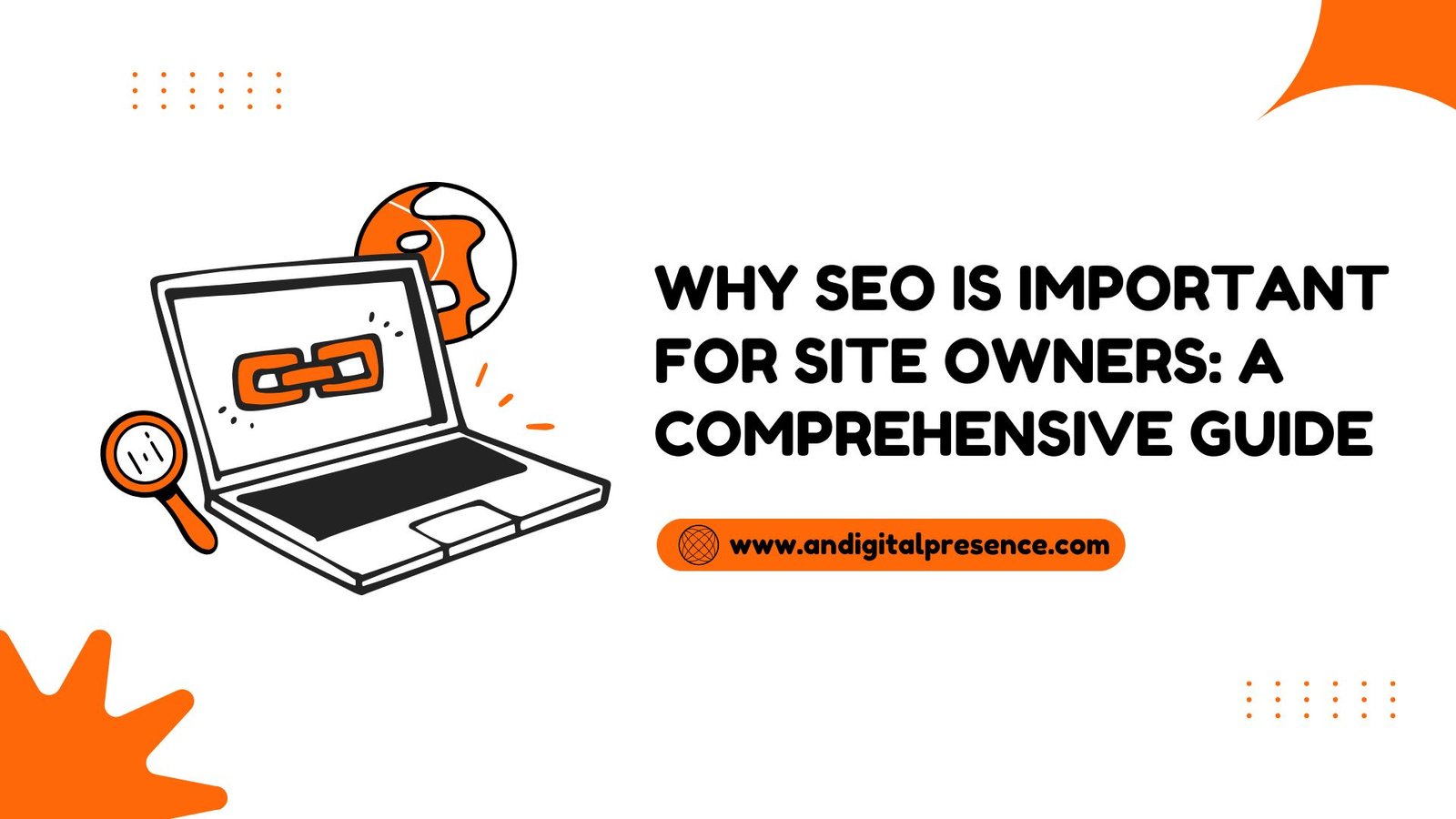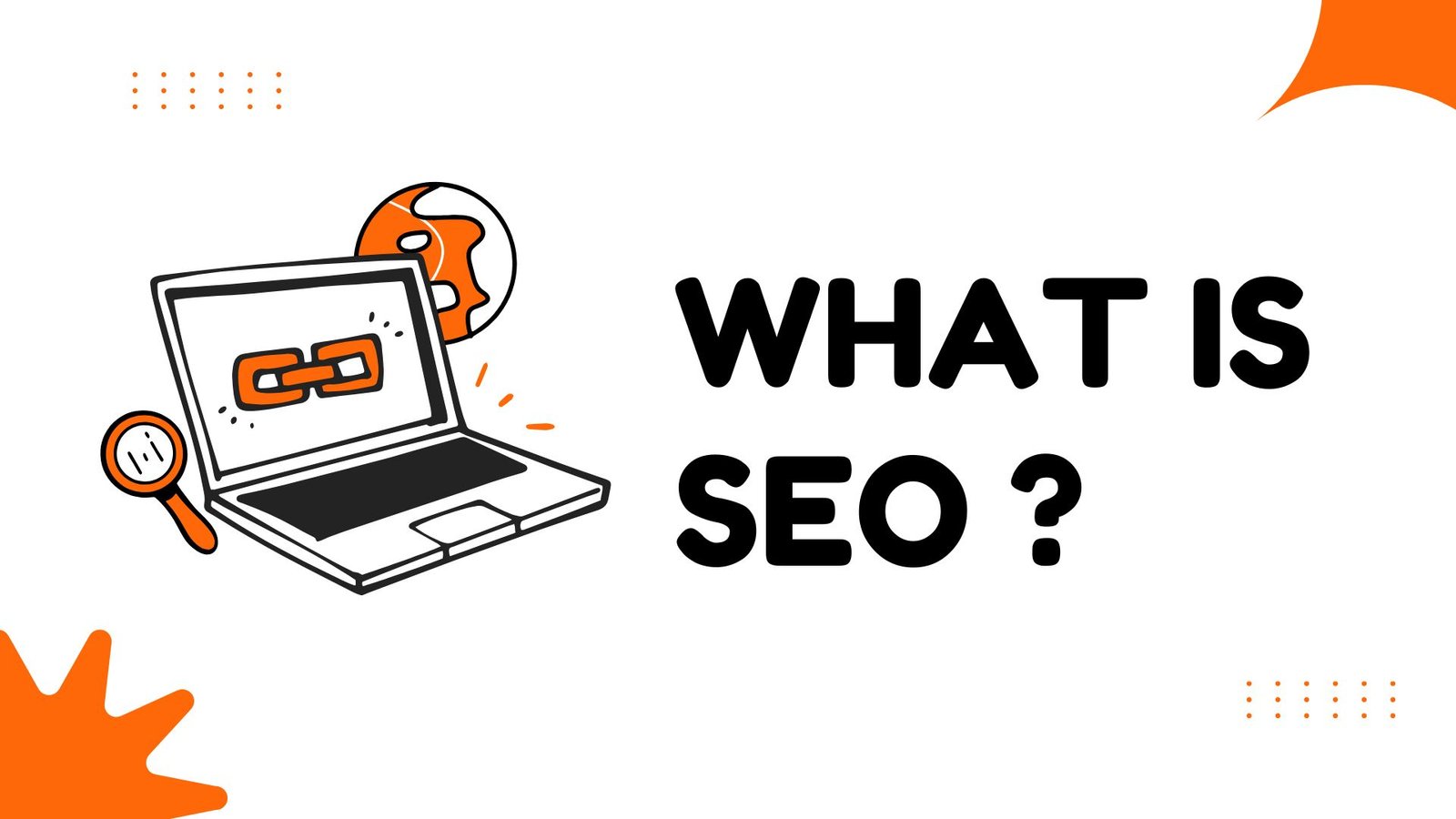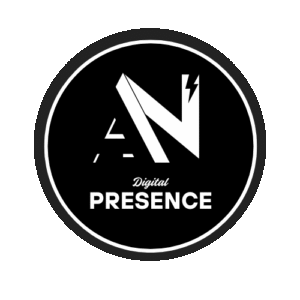Why SEO is Important for Site Owners: A Comprehensive Guide

What is SEO?
SEO (Search Engine Optimization) is a practice of getting your website to show up higher in Google, Bing, etc.
Why is it so important for site owners?
- It’s Strategic, Not Just Technical: SEO isn’t just code tweaking; it’s a business strategy.
- Where Journeys Start: Most people start their online journey with a search engine.
- Essential for Success: Good SEO impacts your site’s visibility, traffic, credibility, and ability to meet business goals.
In a world where most online journeys start with a search engine query, understanding and doing SEO is key to driving traffic, building credibility, and meeting business goals. This guide covers why SEO is important for site owners, benefits, how it works, strategies and FAQs.
What is SEO?

Why is SEO Important?
SEO is key to helping your website achieve its goals, whether it’s more traffic, brand authority or conversions. Here are the reasons why SEO is important, backed up by stats from the experts:
-
Visibility
SEO gets your website to show up in search engine results pages (SERPs) when users search for your keywords. More visibility means more potential visitors. For example, ranking on page 1 of Google increases the chances of clicks as most users don’t go beyond page 1.
-
Organic Traffic
Organic traffic from unpaid search results is a big driver of website visits. Research shows 43% of searchers click on organic results, way more than paid ads which get only 2.8% of clicks in the US (Semrush Importance of SEO). SEO is a cost effective way to get a lot of traffic without ongoing ad spend.
-
Trust and Authority
Websites that rank higher in search results are perceived as more trustworthy and authoritative. This perception can influence user behaviour, encouraging engagement like reading content or making a purchase. For example, a site like Duolingo which ranks for thousands of language related keywords benefits from increased brand trust and authority.
-
Cost Effective Marketing
Unlike paid ads which require continuous investment, SEO provides long term benefits with periodic efforts. Once you rank well you can get traffic without additional cost. For example, a case study showed Morningside Acupuncture grew its traffic by 2,900% in 3 years through SEO without ongoing ad spend.
-
Long Term Benefits
SEO efforts compound over time. As your site gets more backlinks and improves its content its authority grows and you get better rankings and more traffic. Unlike paid ads which stop delivering results once funding stops, SEO can provide ongoing dividends.
-
Competitive Advantage
If competitors are doing SEO and you’re not, you’re at a disadvantage. By optimising your site you can compete for top spots in search results. Tools like Semrush’s Keyword Gap allow you to compare your rankings with competitors and find opportunities to beat them.
-
User Experience
SEO involves optimising site elements like loading speed, mobile-friendliness and content quality which all improve user experience. Search engines like Google favour sites that offer a good user experience as it aligns with their goal of delivering relevant results.
-
Measurable
SEO allows site owners to track performance through metrics like organic traffic, keyword rankings and conversions. Tools like Google Analytics and Semrush’s Position Tracking give you visibility and performance insights so you can refine with data.
-
Keeps up with Search Engine Algorithms
Search engines update their algorithms all the time to improve results. SEO practices adapt to these changes to keep your site up to date with the latest standards. Staying current is key to rankings.
-
Supports Other Marketing Activities
SEO works with other marketing channels like PPC, social media and content marketing. For example a well optimised site can improve PPC campaign performance by reducing costs and increasing conversions. SEO also amplifies content reach through organic search.
How SEO Works
SEO can be broken down into three main areas, each affecting a site’s search performance:
1. On-Page SEO
On-page SEO is what you do on your website:
- Keywords: Research and add relevant keywords to content.
- Meta Tags: Write compelling title tags and meta descriptions to increase click through rate.
- Content Quality: Create user focused content that matches search intent.
- URL Structure: Use clean, descriptive URLs to improve crawlability and user understanding.
2. Off-Page SEO
Off-page SEO is what happens outside of your website:
- Backlinks: Get links from other reputable websites, which tell search engines you’re trustworthy. For example, natural links from authority sites are super valuable.
- Social Signals: Social media engagement can indirectly boost SEO by increasing visibility and traffic.
3. Technical SEO
Technical SEO makes sure your website is crawlable and indexable by search engines:
- Site Speed: Optimize load times to improve user experience and rankings.
- Mobile-Friendliness: Make sure the site is responsive and mobile friendly.
- Structured Data: Use schema markup to help search engines understand content.
- XML Sitemap: Give search engines a map of your site.
Common SEO Strategies
To do SEO right in right way, you should perform these properly:
-
Keyword Research
Find out what your target audience is searching for. Tools like Semrush’s Keyword Magic Tool will show you relevant terms and trends.
-
Content Optimization
Create great, keyworded content – blog posts, articles, videos. Great content attracts users and gets backlinks, which is good for SEO.
-
Link Building
Get high quality backlinks from authority sites through guest blogging, partnerships or resource pages. Backlinks are an off-page SEO factor.
-
Technical Audits
Check for technical issues like broken links, duplicate content or poor site structure using Google Search Console.
-
User Experience Optimization
Improve navigation, page speed and usability to improve user satisfaction which affects SEO rankings.
SEO Benefits at a Glance
| Benefit | Description |
| Increases Visibility | Improves rankings in SERPs, making your site more discoverable. |
| Drives Organic Traffic | Attracts free traffic, with over 43% of searchers clicking organic results. |
| Builds Trust and Authority | High rankings enhance perceived credibility and encourage user engagement. |
| Cost-Effective Marketing | Offers long-term traffic without ongoing ad costs. |
| Competitive Advantage | Helps you stay ahead of competitors optimizing their sites. |
| Enhances User Experience | Improves site speed, mobile-friendliness, and content quality. |
| Measurable Results | Tracks performance through metrics like traffic and conversions. |
| Adapts to Algorithms | Keeps your site compliant with evolving search engine standards. |
| Supports Other Marketing | Complements PPC, social media, and content marketing for greater impact. |
FAQs
-
What is SEO?
SEO is the practice of getting your website to show up in organic (unpaid) search results to get more traffic.
-
How does SEO benefit my website?
SEO increases visibility, drives organic traffic, builds trust and is cost effective long term marketing to reach your target market.
-
How does SEO differ from PPC?
SEO is about organic rankings, PPC is about paid ads for immediate but temporary visibility.
-
Can SEO guarantee top rankings?
No, SEO can’t guarantee top rankings due to algorithms and fluctuating factors but best practices do improve ranking chances.
-
Is local SEO different from general SEO?
Yes, local SEO targets location based searches to get nearby customers, general SEO targets broader audiences.
-
How do I measure the success of my SEO efforts?
Measure success through organic traffic, keyword rankings, conversions and ROI using tools like Google Analytics and Semrush.

